Karachi, July 8 – Pakistan's first breast milk bank, launched just a few weeks ago, has been closed due to lack of approval under Islamic law. The Sindh Institute of Child Health and Neonatology (SICHN) in Karachi, Sindh province, established the bank on June 12 in collaboration with UNICEF and the Pakistan Pediatric Association, according to The Guardian.
The breast milk bank, inaugurated by Sindh Health Minister Dr. Azra Pechuho, aimed to provide crucial support for neonatal health. The inauguration was attended by officials from UNICEF and the Pakistan Pediatric Association. Initially, Jamia Darul Uloom Karachi, a prominent religious institution, granted permission for the bank's establishment based on a fatwa or religious ruling.
However, the initiative quickly became the subject of intense debate across Pakistan, particularly concerning the Islamic 'milk mother' law. According to this law, children who are breastfed by the same woman are considered milk siblings, and marriage between them is prohibited. This legal and religious framework prompted widespread scrutiny and opposition to the breast milk bank.
Mufti Syed Qaiser Hussain Tirmizi, a noted Islamic scholar from Rawalpindi, explained, "Relationships built on the basis of milk are similar to blood ties, which prohibits marriage between brothers and sisters who breastfeed the same woman in the Islamic legal framework."
The closure of the breast milk bank underscores the challenges faced by public health initiatives that intersect with deeply held religious beliefs. Despite the initial approval, the controversy highlighted the complexities of implementing such programs in a way that aligns with cultural and religious values.



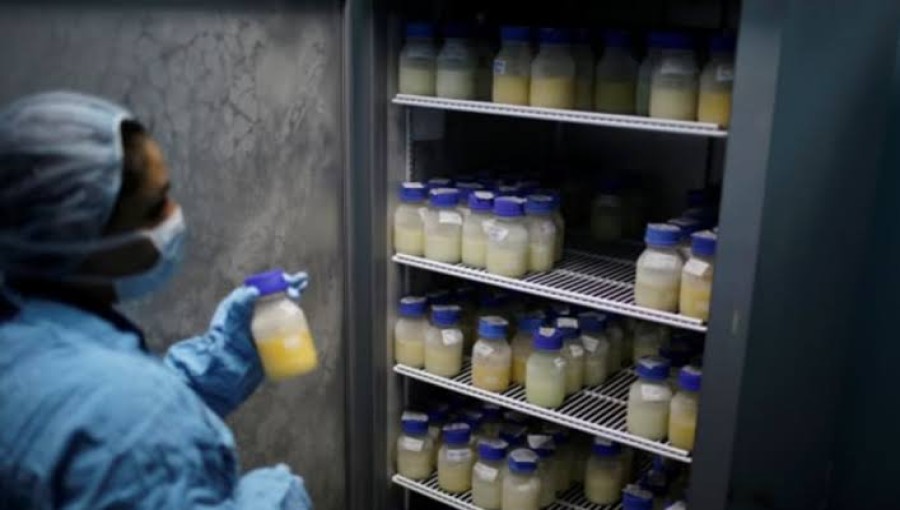
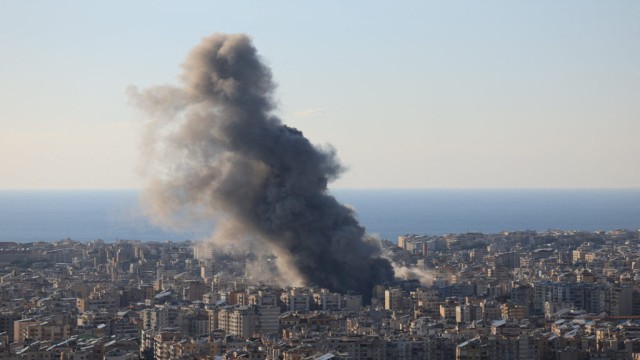
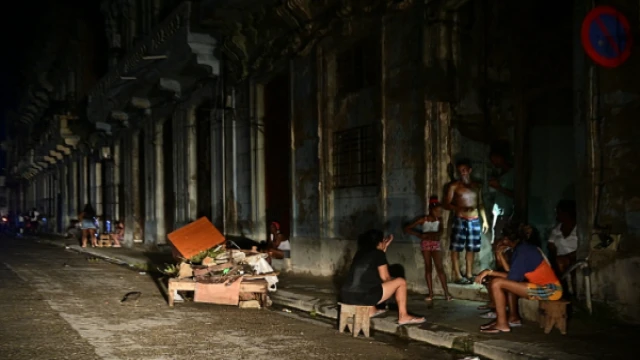
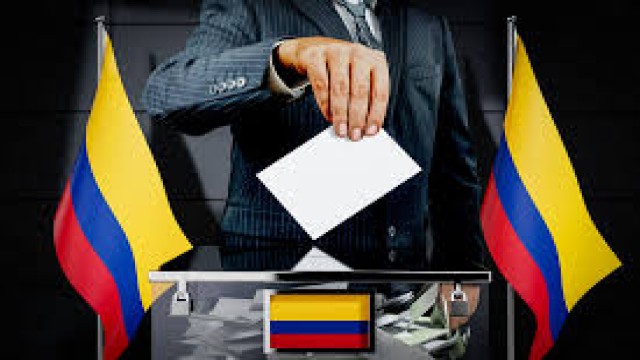
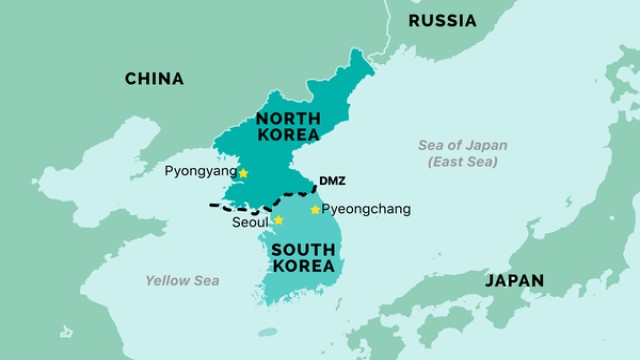

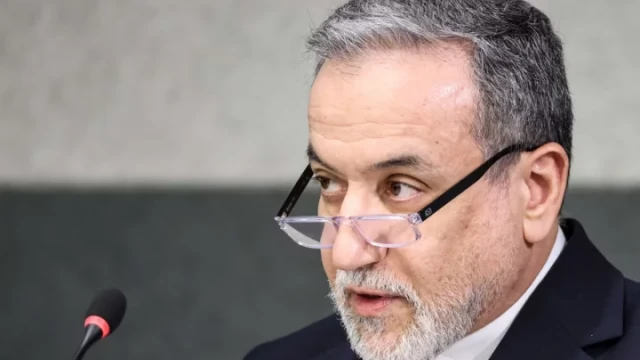

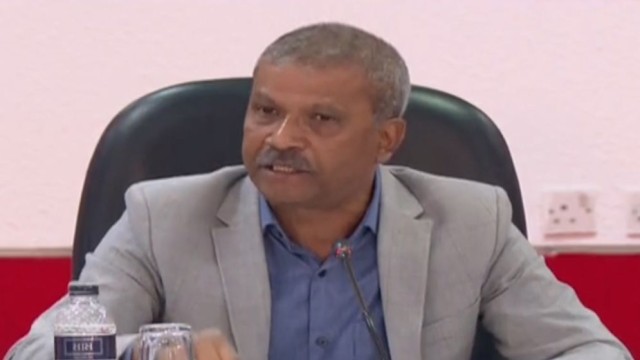
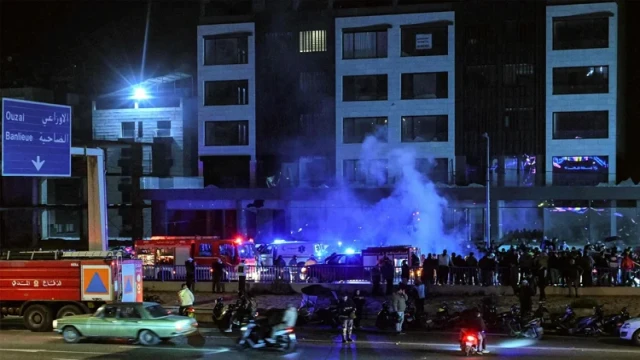


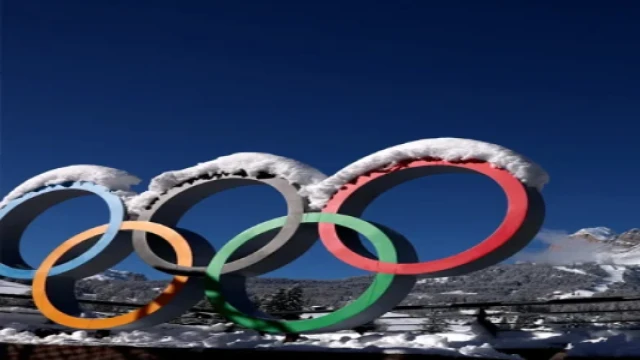











Comment: